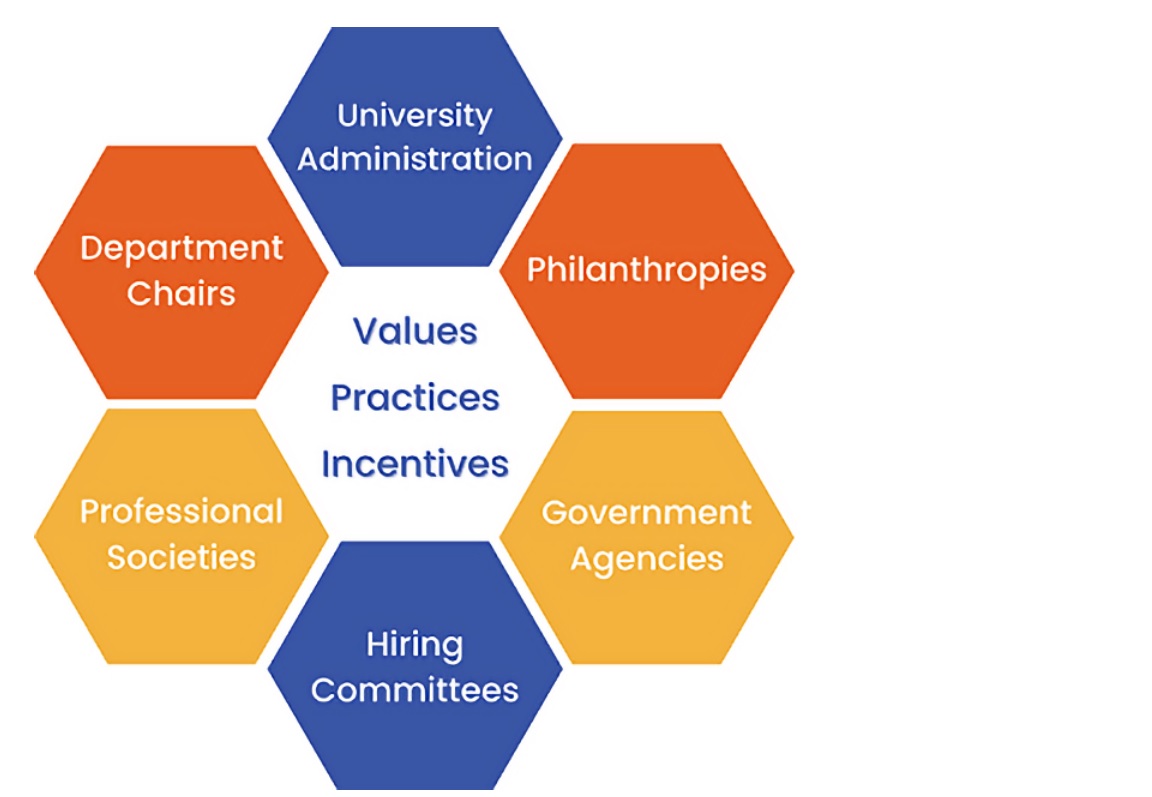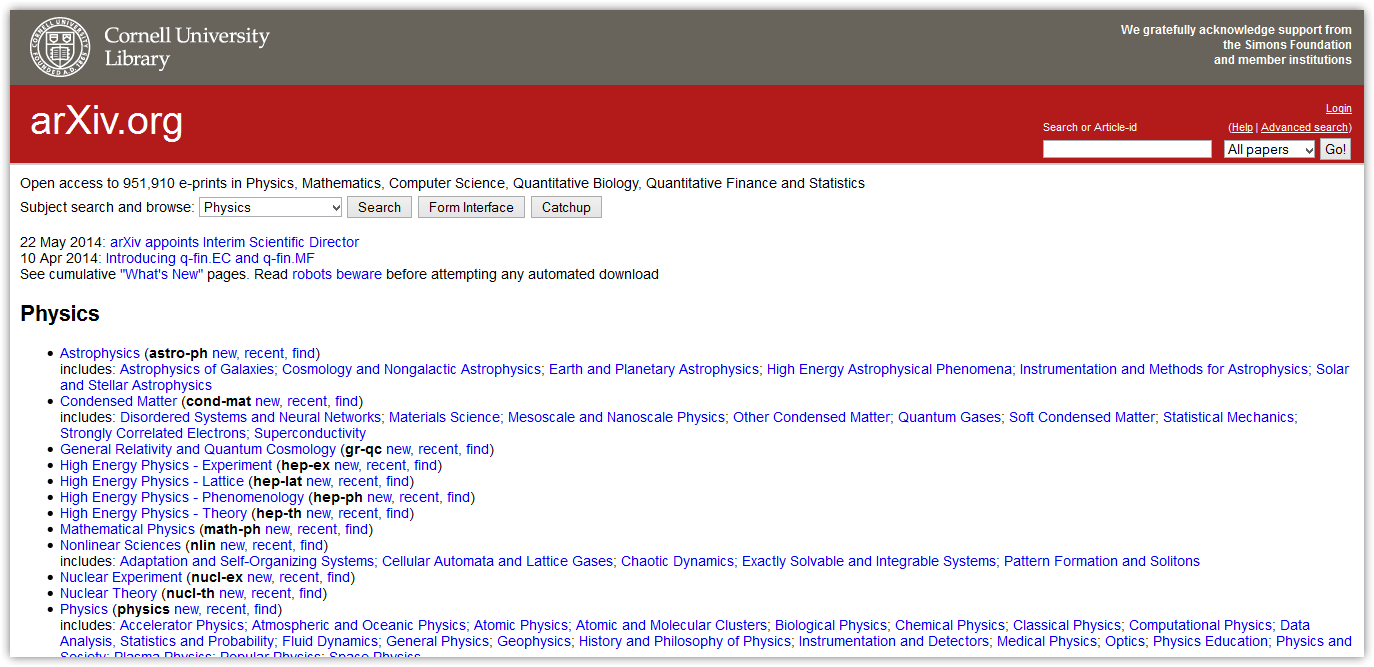On October 25th I’ll be giving an online talk at University College Cork for their event on New Horizons in Open Access Publishing.
Cross-posted on the University of Cambridge’s Unlocking Research blog. In the USA last Thursday, the White House Office of Science and Technology Policy announced its decision to mandate public access to all federally funded research articles and data.

Reforming research assessment and culture is a hot topic in higher education, particularly how these issues relate to research funding. I discussed the HELIOS initiative in my last post, which is a funder-led approach to incentivising open science practices in North American tenure and promotion guidelines. Now, in the past week, EU science ministers have agreed on a plan to facilitate coordinated reform of research assessment processes.

A recent article in The Scientist discusses the newly launched Higher Education Leadership Initiative for Open Scholarship (HELIOS). Composed of ‘leaders’ from over 75 US colleges and universities, HELIOS is committed to incentivising open science practices in order to make research more research more ‘inclusive, transparent, and efficient’. It is an approach designed to reorient assessment mechanisms towards open science practices,

This post makes a case for universities investing in people and processes for reviewing research in house before publication. This idea has no doubt been proposed before and is probably already a feature of some academic institutions, but I wanted to clarify here why I think it would benefit academic research. High-energy physics research is often held up as the archetypal open science discipline.

I’m becoming increasingly interested in the academic literature on predatory publishing, especially the differing definitions and argumentative strategies these articles use to illustrate the problem of poor-quality publishing.

UK Research and Innovation today published its updated policy on open access. For journals, the policy is simplified and normalised across the disciplines. Immediate open access under CC BY is mandated (with exceptions considered on a case-by-case basis), meaning no embargoes for green open access. Hybrid publishing will not be funded by UKRI where the journal in question does not have a transitional agreement.

As rumours circulate about the forthcoming UKRI open access policy announcement, fierce lobbying is underway by publishers worried that the policy may undermine their business models. Elsevier has even taken the step of directly emailing their UK-based academic editors to criticise the rumoured policy and encourage academics to relay the publisher’s views to UKRI.

It is common knowledge that the academic publishing industry is oligopolistic: a handful of large corporate publishers control the vast majority of the industry. Because it dominates so much of the industry, the oligopoly maintains market power through tentacular economies of scale and control of the publications which libraries must access.
I’ve just published the article ‘Open Access, Plan S and ‘Radically Liberatory’ Forms of Academic Freedom’ in the journal Development and Change . Abstract below. Link: https://doi.org/10.1111/dech.12640 Abstract This opinion piece interrogates the position that open access policies infringe academic freedom.